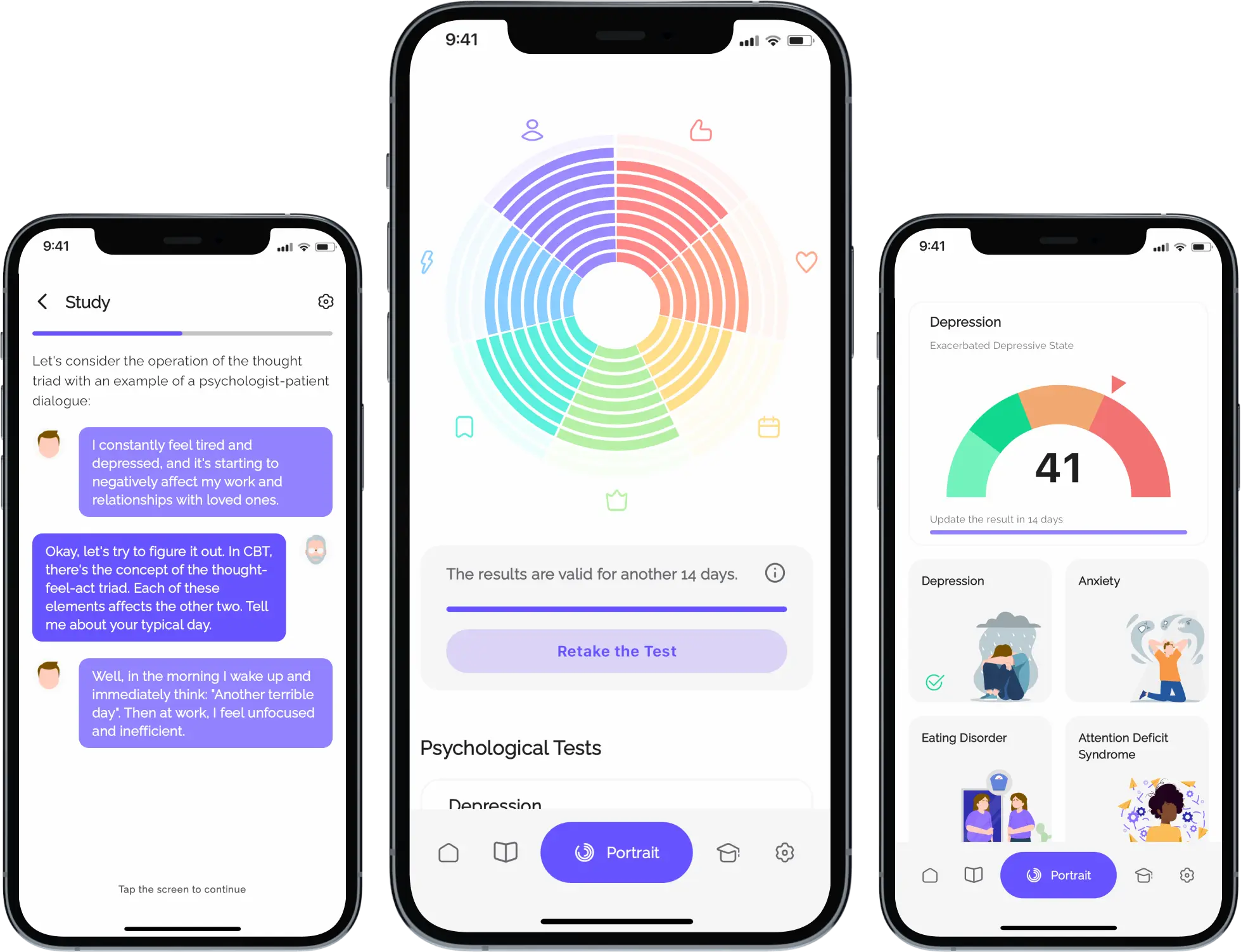
Reading our section on depression or exploring the cognitive approach to this disorder, you might wonder: "CBT believes that depression is always related to distorted thinking, but what if my problems are real?".
You might think that your "realistic" problems, such as the death of a loved one, financial problems, debts, bankruptcy, illness, lead to "realistic depression".
Just don't think that we are underestimating any of these difficulties, not at all. However, none of these problems can be the cause of "realistic depression". In fact, such depression does not exist!
Sometimes we call depression what it is not, confusing this illness with sorrow, sadness, or periods of poor mood.
These negative emotions are part of depressive disorder, but, of course, there are significant differences.
People who have never faced depression think it's just sadness or a bad mood. For me, it's not depression; it's falling into a state of grayness and numbness.
Dan Reynolds
The main question lies in defining the boundary between normal sadness and depression. What differentiates "healthy sadness" from true depression?
Sadness is a natural emotion that arises in response to the realistic realization of a negative event associated with loss or disappointment.
More content in our app
You're only seeing a portion of the content. In the app, you'll find numerous interactive articles. Additionally, there are psychological tests to track your mood dynamics, a daily planner, an automatic thought journal, and much more!

For example, when we lose a loved one, we rightfully feel that it will be difficult and painful without them.
These feelings are natural, justified, and even desirable, as they make us deeper and add meaning to our life. Loss, in this way, can bring us much.
Depression is an illness, always caused by distortions.
For instance, if in a similar situation we start telling ourselves: "I will never be happy again because they died. It's unfair!", - such thoughts will invoke feelings of self-pity and despair in us. Emotions based on distortion will destroy us.
After a loss, illness, breakup, divorce, or serious unfortunate event, we may experience either depression or sadness.
However, sadness is not distorted.
It simply results from the natural flow of emotions and, therefore, is temporary. Sadness is never associated with a decrease in self-esteem.
Depression lasts longer, symptoms may intensify. It persists for most of the day, at least two weeks in a row. Nothing distracts from somber thoughts, nothing pleases, life seems colorless. And it is always linked to a loss of self-esteem.
Depression that arises after a clear stress is sometimes called "reactive".
However, it can sometimes be difficult to identify the specific stressful event that triggered the episode. Such depressions are often called "endogenous", as it seems their symptoms arise out of nowhere.
But in both cases, the cause of depression is the same - distorted negative thoughts.
Depression serves no adaptive or productive function and is one of the most severe forms of suffering.
The only positive side is the growth you can experience by overcoming it.
If depression starts after a specific event, it becomes just a trigger, not the sole cause of the disorder.
The psyche was already altered, needing only the slightest impulse to initiate the mechanism.
When something truly bad happens in your life, your emotional state is determined by your thoughts and perception.








